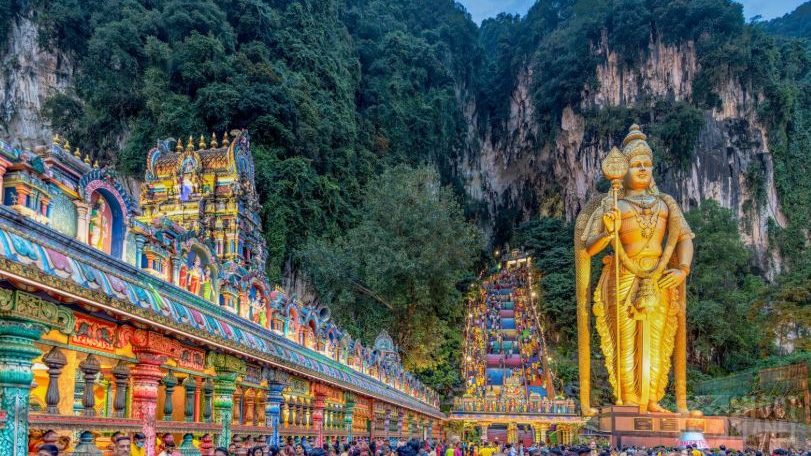MALAYSIA: As Thaipusam approaches on Feb 11 this year, many Malaysian Hindus are preparing for the annual celebrations. However, it’s noteworthy that this significant festival is not recognised as a public holiday nationwide. According to SAYS, seven states—Kelantan, Terengganu, Melaka, Pahang, Perlis, Sabah, and Sarawak—do not observe Thaipusam as an official holiday.
Historical context
The observance of public holidays in Malaysia is deeply rooted in the nation’s colonial past and subsequent federal structure. According to Wikipedia, certain festivals were acknowledged during British rule based on the regions’ demographic composition and economic significance. Post-independence, the power to declare public holidays was decentralised, allowing state governments to make decisions based on local customs and the prevalence of particular communities.
Demographic considerations
States like Kelantan and Terengganu have predominantly Malay-Muslim populations, with relatively smaller Hindu communities. Due to the limited number of Hindu residents, these states have not traditionally recognised Thaipusam as a public holiday. Similarly, in states such as Sabah and Sarawak, the diverse ethnic composition includes Indigenous groups and a smaller proportion of Hindus, influencing the decision not to declare Thaipusam a holiday. Wikipedia notes that the lack of a significant Hindu population in these areas plays a major role in this exclusion.
Cultural and political factors
The decision to observe Thaipusam as a public holiday often reflects cultural and political considerations. In states where Hindu culture has a significant historical presence, such as Penang and Selangor, Thaipusam is celebrated with large-scale events and is recognised as a public holiday. Conversely, in states where Hindu traditions are less prominent, the festival does not hold the same level of public significance, leading to its exclusion from the list of official holidays, as highlighted by Wikipedia.
Economic implications
Declaring a public holiday has economic implications, particularly concerning productivity and business operations. According to SAYS, states with a minimal Hindu population may not observe Thaipusam as a public holiday to maintain regular economic activities. This approach ensures that the local economy remains uninterrupted, especially in regions where the festival does not significantly impact most of the population.
In states where Thaipusam is not a public holiday, the Hindu community often adapts by organising celebrations during non-working hours or on weekends. Some community leaders have advocated for the recognition of Thaipusam as a public holiday, citing the importance of cultural inclusivity and the festival’s significance to Malaysian Hindus. However, Wikipedia notes that these appeals must be balanced against each state’s demographic realities and administrative considerations.
The absence of Thaipusam as a public holiday in certain Malaysian states is a multifaceted issue influenced by historical, demographic, cultural, and economic factors. While the festival holds profound importance for Malaysian Hindus, its recognition as a public holiday varies across the country, reflecting the diverse tapestry of Malaysia’s population and the autonomy of its state governments.

